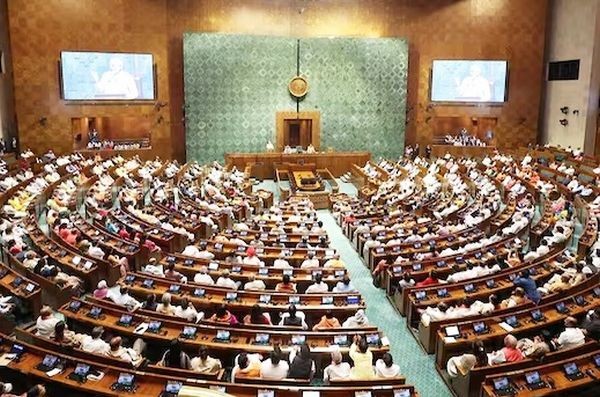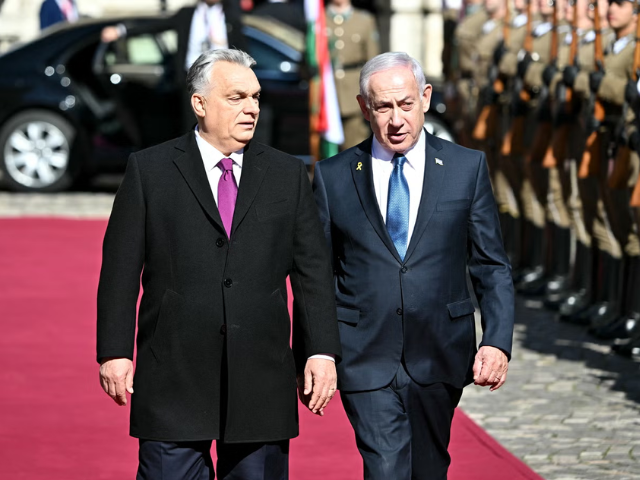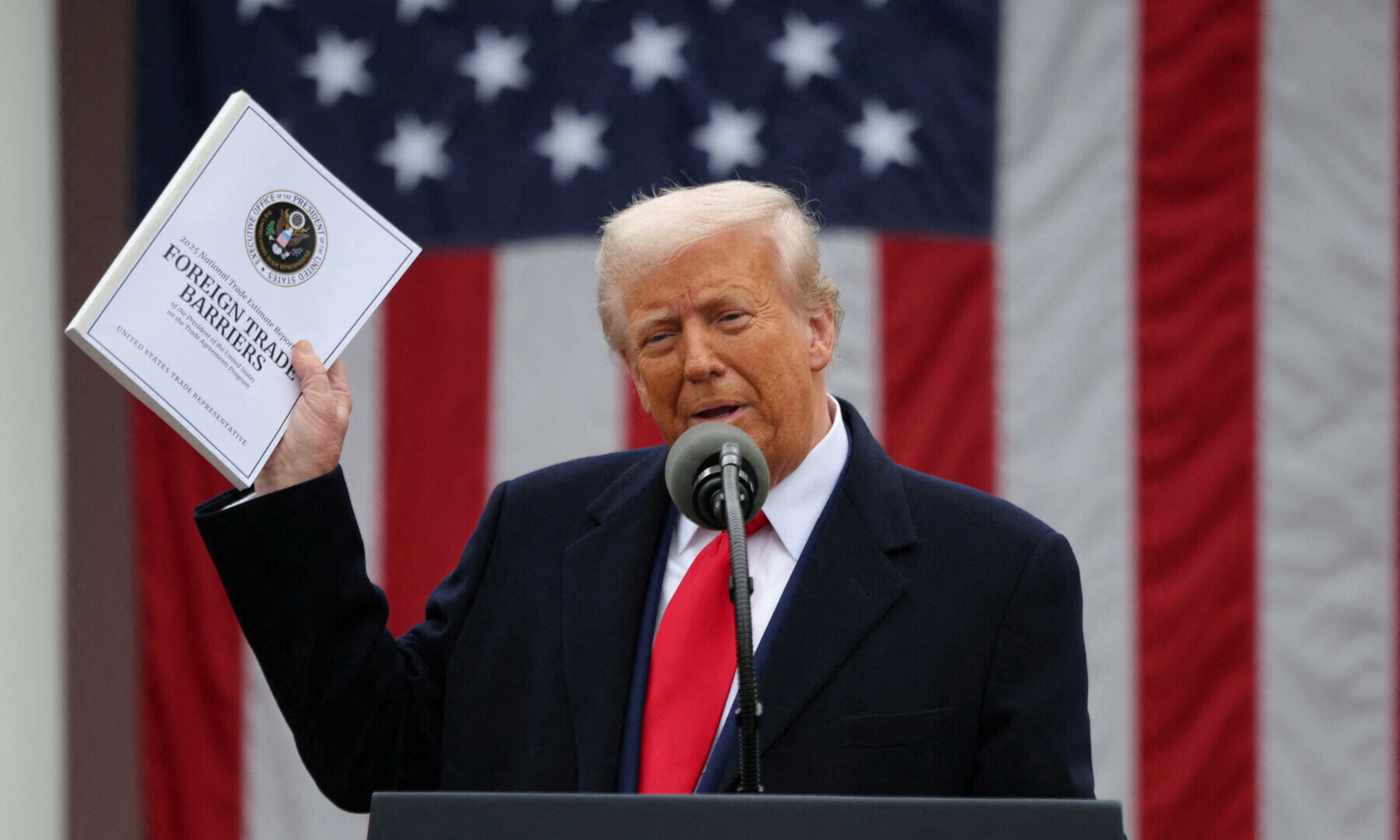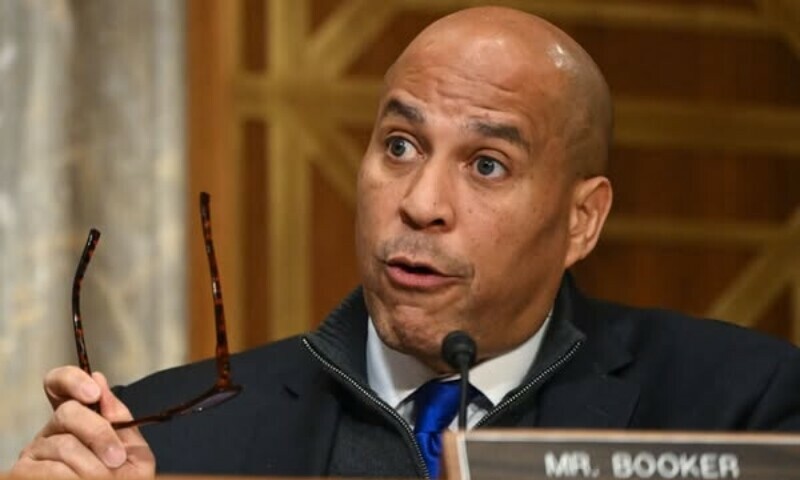WORLD NEWS
U.S. Secretary of State Marco Rubio Reaffirms NATO Commitment, Demands Increased European Defence Spending
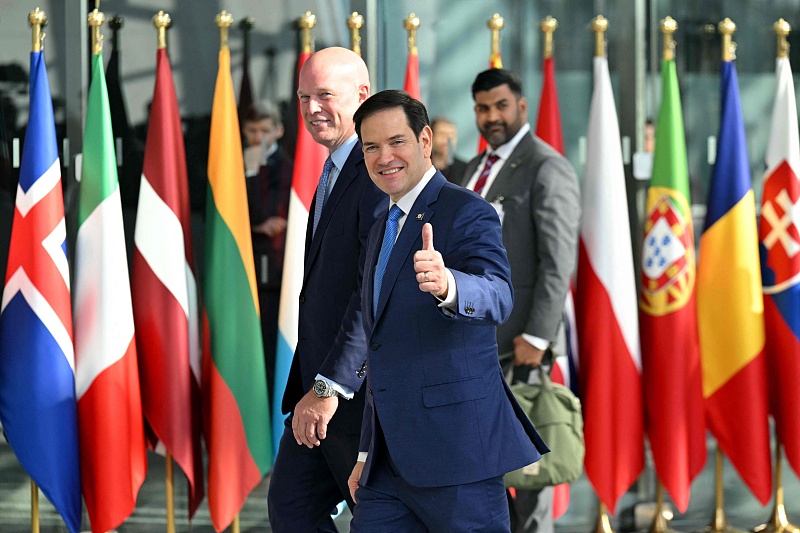
Brussels — The United States remains as committed to NATO as ever, according to U.S. Secretary of State Marco Rubio, but it expects European allies to significantly increase their defence spending. Rubio’s remarks came as he met with NATO foreign ministers in Brussels on Thursday, amidst growing tensions over President Donald Trump's controversial new trade tariffs.
Rubio sought to quell doubts regarding the U.S. commitment to NATO, asserting, “The United States is in NATO… The United States is as active in NATO as it has ever been.” He dismissed concerns about Trump’s stance on NATO as “hysteria,” emphasizing that the president’s objection is not to the alliance itself, but to one that lacks the necessary capabilities to fulfil its obligations.
Trump has been vocal about his dissatisfaction with the current level of defence spending within NATO. He has previously suggested that NATO member states should aim to spend 5% of their gross domestic product (GDP) on defence, a far cry from the existing target of 2%, which no NATO country currently meets, including the United States.
Washington’s demand for increased defence spending is part of a broader message that the U.S. can no longer shoulder the primary responsibility for Europe’s security. With Trump’s administration focusing more on global issues beyond Europe, European countries have been urged to ramp up their own military capabilities.
In recent weeks, NATO members have been anxious to understand the exact extent to which the U.S. will reduce its engagement in NATO, as well as the timeline for such a shift. The concern is that any abrupt change could lead to security gaps in Europe, leaving members vulnerable to potential threats. As European allies work to strengthen their defences, they are also seeking to coordinate with the U.S. to avoid destabilizing the security landscape.
Rubio confirmed that the U.S. would give NATO members time to meet these increased defence spending targets but emphasized that the U.S. could not continue to shoulder the financial burden alone. The Trump administration’s demand for greater European financial responsibility in NATO reflects the shifting priorities in U.S. foreign policy under the current president.
The future of NATO, which has been a cornerstone of European security for 75 years, is at a critical juncture as European members work to balance increasing defence investments with their own national security needs, while the U.S. adjusts its focus to address broader global challenges.
